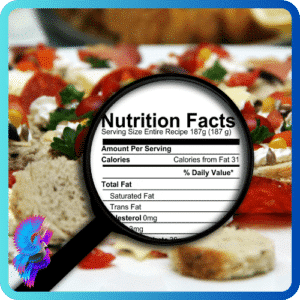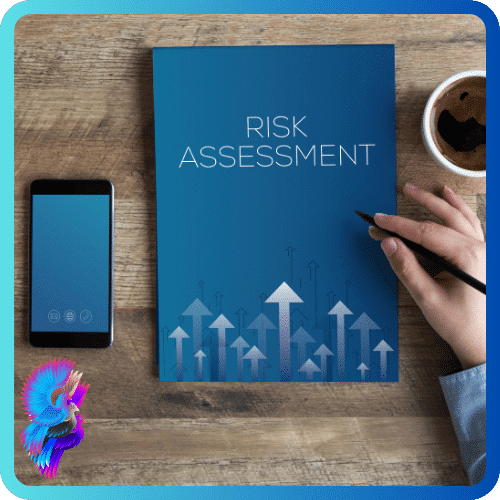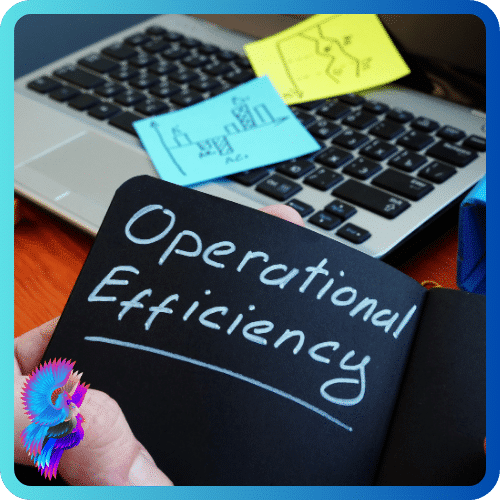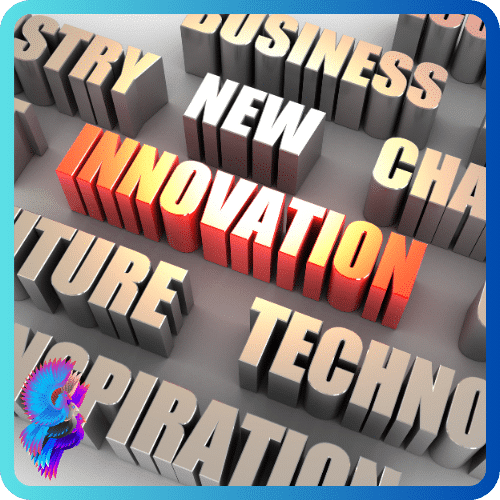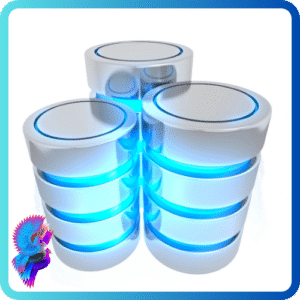Advertisements
The potential contributions of artificial intelligence to diet systems
Artificial intelligence (AI) refers to the capacity of machines or software to execute tasks that typically necessitate human intelligence, encompassing but not limited to reasoning, learning, decision-making, and problem-solving.
Artificial intelligence (AI) exhibits a wide range of applications across diverse domains, encompassing crucial sectors such as healthcare and nutrition.
This article aims to examine the potential contributions of artificial intelligence (AI) to diet systems and the promotion of healthy foods. Specifically, it will explore how AI can enhance the provision of accurate nutrition information and its potential benefits for nutritionists, particularly in the context of patients with various medical conditions such as diabetes, hypercholesterolemia, lipidemia, coronary artery disease, hepatitis, thalassemia, Mediterranean anemia, and food allergies.
Artificial Intelligence (AI) in the Context of Personalized Diet Systems:
One of the primary obstacles in the field of nutrition pertains to the absence of a universally applicable dietary regimen that caters to the diverse needs of individuals.
Individuals exhibit varying metabolic responses to identical foods due to factors such as genetic composition, microbiome composition, lifestyle choices, and underlying health conditions.
For instance, there exists variability in postprandial blood glucose responses to banana consumption among individuals.
Hence, it is imperative to customize the dietary regimen according to the specific requirements and inclinations of each individual.
Artificial intelligence (AI) has the potential to assist in this endeavor by leveraging data derived from diverse sources, including but not limited to blood tests, stool samples, food diaries, activity trackers, and online surveys. This amalgamation of information enables the development of an individualized profile for each user.
Artificial intelligence (AI) can employ algorithms to analyze the collected data and offer suggestions for dietary choices that have the potential to enhance the user’s health outcomes.
An example of an artificial intelligence application is DayTwo, which employs an algorithm developed by Eran Elinav and Eran Segal, researchers from the Weizmann Institute of Science in Israel.
These individuals also co-founded the company in 2015.
The application evaluates various food items based on their potential impact on the user’s blood glucose levels.
The application asserts its ability to assist individuals in managing their diabetes, achieving weight loss, and enhancing their gastrointestinal well-being.
Noom is an additional illustration of an artificial intelligence application designed for personalized diet systems.
It employs a fusion of psychological principles and technological advancements to facilitate users in modifying their dietary behaviors and achieving weight loss objectives.
The application provides users with an individualized coach who assists them in navigating a tailored program that aligns with their objectives and personal preferences.
The application additionally employs gamification and behavioral science methodologies to incentivize users and maintain their active involvement.
The Application of Artificial Intelligence in Promoting Healthy Dietary Choices
An additional manner in which artificial intelligence (AI) can make a valuable contribution to our dietary practices is by assisting individuals in selecting nutritious food options during both grocery shopping and dining at restaurants.
Artificial intelligence (AI) can employ image recognition and natural language processing techniques to analyze food labels or menus and furnish pertinent details regarding the nutritional composition, ingredients, allergens, and environmental implications associated with various food items.
An AI application known as Foodvisor employs image recognition technology to examine food photographs and approximate the caloric content, macronutrient composition, and micronutrient profile of individual meals.
In addition, the application offers feedback and recommendations for enhancing the user’s dietary habits.
Another illustration of an artificial intelligence application focused on promoting healthy dietary choices is Bite.ai. This particular application leverages natural language processing techniques to comprehend textual descriptions of food items and subsequently furnish comprehensive nutritional information.
Additionally, the application provides users with the capability to monitor their dietary consumption and receive individualized suggestions tailored to their objectives and preferences.
The application of artificial intelligence (AI) in the domain of nutrition facts analysis has gained significant attention in recent years.
AI has the potential to enhance our dietary systems through its ability to furnish precise and dependable nutritional information for all types of food items.
Artificial intelligence (AI) can gather and authenticate information about the nutritional composition of diverse food items by leveraging data from a multitude of sources, including but not limited to databases, websites, scientific literature, and user feedback.
An AI application known as Nutritionix utilizes a vast database comprising data from more than one million sources to furnish comprehensive nutritional information for a wide array of food items, exceeding 800,000 in number.
Additionally, the application provides users with the capability to scan barcodes or utilize voice recognition technology to conduct searches for various food items.
Spoon Guru is an additional illustration of an artificial intelligence application designed to provide nutritional information.
This particular app utilizes an extensive database comprising data from more than 100,000 sources, enabling it to furnish nutrition facts for a wide array of over 150,000 food items.
The application additionally enables users to employ filters to categorize food items according to their dietary preferences or limitations, including but not limited to vegan, gluten-free, low-carb, and any specific food allergies or intolerances. One can readily employ filters to select foods that align with their specific dietary requirements. In addition, the application also provides recommendations for recipes and products that align with the user’s profile, thereby facilitating meal planning and grocery shopping endeavors.
Spoon Guru serves a purpose beyond that of a mere application providing nutritional information.
The utilization of an intelligent and individualized approach to identify food items that are beneficial for one’s overall well-being and physical condition is a commendable practice.
The Spoon Guru application can be obtained at no cost from the App Store or Google Play, enabling users to engage with the realm of food through the utilization of artificial intelligence.
To summarize,
Artificial intelligence (AI) has the potential to make significant contributions to the improvement of dietary practices and the promotion of healthy food choices. Artificial intelligence (AI) has the potential to assist individuals in making more informed dietary decisions that align with their specific requirements and personal preferences.
Artificial intelligence (AI) has the potential to assist in the exploration of novel flavors and the development of nutritious and delectable recipes.
Artificial intelligence (AI) has the potential to enhance the quality of service and guidance offered by nutritionists to their clients.
Artificial intelligence (AI) has the potential to assist patients with specific medical conditions in adhering to optimal dietary regimens by offering personalized meal plans that maximize their overall health outcomes.

Advertisements

